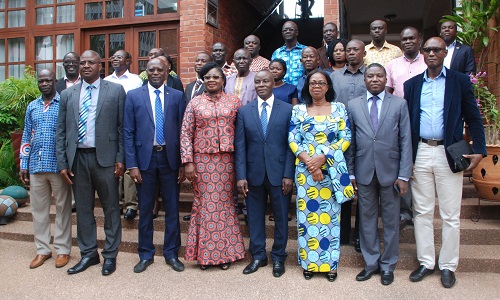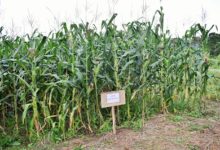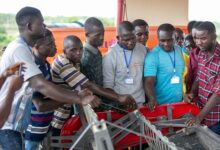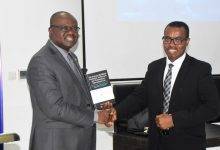
A two-day national stakeholders workshop on the implementation of the Partnership for Agricultural Research, Education and Development (PAIRED) Programme opened in Accra yesterday with a call for the inclusion of rice in the programme.
The workshop which is being organised under the auspices of the West and Central African Council for Agricultural Development (CORAF) in Collaboration with the Council for Scientific and Industrial Research (CSIR) is to serve as a platform for sharing of lessons and experiences among member organisations.
It is also to help identify priority activities and develop partnership and leveraging for the development of agriculture through the provision of improved technology and quality seeds to farmers within the sub-regions.
The PAIRED project is a five-year USAID funded programme aimed at strengthening CORAF, facilitate technology scaling and increase the production and availability of quality agri-inputs to those in need in West Africa.
Opening the workshop, Dr Felicia Ansah-Amprofi, the Director Plant Protection and Regulatory Services Directorate of the Ministry of Food and Agriculture (MOFA) who stood in for the Minister, Dr Owusu Afriyie Akoto said it was important that rice was added to the programme.
She said rice consumption in the country had risen to unimaginable levels in recent times, stressing that about $1.1billion worth of rice representing 82% of all imports was imported into the country.
“If the request is granted and the programme is implemented leading to significantly increased rice productivity, millions of UD dollars will be saved and this will go a long way to stabilise the Ghanaian currency, the Ghana cedi,” she emphasised.
Dr Ansah-Amprofi said the programme’s plan to sustainably improve the productivity, competitiveness and agriculture markets crops (rice and maize) in West and Central Africa was in the right direction.
She explained that this was in line with the priority crops the government of Ghana was promoting through its flagship programme of Planting for Food and Jobs (PFJ).
“As a country, through the PFJ programme, Ghana has made significant strides in maize production since the inception of the programme, though more needs to be done. The last time Ghana engaged in food crops export to other countries was as far back as 2007,” he emphasised.
However, she said with the rollout of the government’s flagship programme, PFJ, maize production had seen tremendous improvement in the sector with the country exporting excess produce to neighbouring countries in the West African Sub-region.
By Cliff Ekuful






